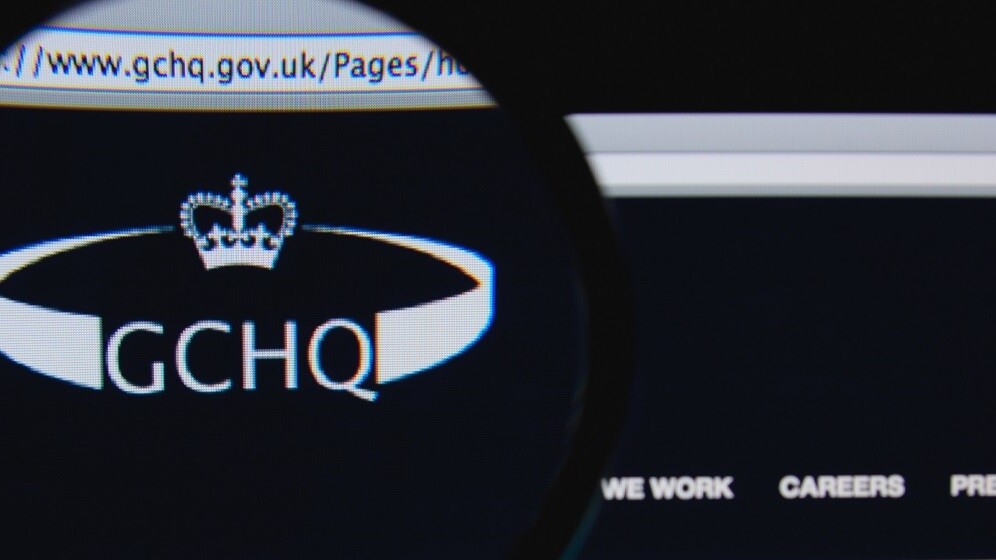
The outgoing Director of GCHQ Sir Iain Lobban took the opportunity during his valedictory speech today to reflect on his 31 years as part of the UK’s spy agency, with a particular focus on balancing individuals’ right to privacy with the need for access to information.
Lobban joined GCHQ at the end of the Cold War and now oversees a vastly different intelligence landscape than existed 30 years ago. Indeed, now GCHQ comes under far greater press and public scrutiny than it ever has before, primarily as a result of Edward Snowden’s NSA revelations about mass surveillance, some of which GCHQ were included in.
An evolving battleground
“In the six years since I took up this post, almost one and half billion people have joined the enormous exodus to the internet. That’s a doubling of the people accessing information and communicating online. There are over six and a half billion mobile subscribers in the world, nearly two billion active social network users,” Lobban said. “We all now know that the beautiful dream of the internet as a totally ungoverned space was just that – a beautiful dream. Like all utopian visions, it was flawed because it failed to account for the persistence of the worst aspects of human nature.”
Despite the increased attention in the last few years, Lobban went to lengths to praise the work of his colleagues and the intelligence services, while maintaining that regardless of media perception, privacy and liberty still remains at the heart of its work.
“The people who work at GCHQ would sooner walk out the door than be involved in anything remotely resembling ‘mass surveillance’… I want to make it absolutely clear that the core of my organisation’s mission is the protection of liberty, not the erosion of it”.
Nonetheless, with nefarious elements roaming free, Lobban says the agency needs to “dissect it [the Internet] with surgical precision” in order to pull off the balancing act between maintaining privacy and tracking down its targets.
He added that representing a choice between ‘privacy’ or ‘security’ is disingenuous. “Presenting our activities as some sort of binary option – security or privacy – is to represent a false choice: we are committed to doing our utmost to deliver security at the same time as protecting privacy to the greatest extent possible.”
On journalism and secrecy
Before wrapping up his final speech, Lobban also said that the relationship between the intelligence profession and journalism was complicated – and sometimes deflating – but that “…we’re not frustrated by the free press itself. We do what we do precisely to safeguard the kind of society that has one.”
Indeed, he described how both camps are often both seeking the truth, but it’s the treatment of the information that is discovered that is different.
“For journalists, the public interest is served by publicity itself; for us, the public interest is served by some things remaining secret. We’re more open today than we’ve ever been, and we’ll continue to say what we can. But it’s crucial that the targets whose communications we seek to exploit for the purposes of our national security don’t know what we can and can’t do,” Lobban said.
And despite all the attention and negative press, Lobban said he was glad he could weather the criticism alongside colleagues who can only stay silent.
“I won’t pretend that I’ve enjoyed every minute of the media attention, but the only thing worse than being in the eye of the storm would have been to be anywhere else. Had that been so, I’d be unable to bear witness to my fellow professionals, ordinary men and women whose integrity has been insulted time and again, and whose response to such provocation has not been a noisy retort but a quiet resolve – a resolve to continue doing extraordinary things for others”.
Sir Iain Lobban will retire from GCHQ on 24th October 2014 and will be replaced by Robert Hannigan.
Image credit: Gil C / Shutterstock.com
Get the TNW newsletter
Get the most important tech news in your inbox each week.




